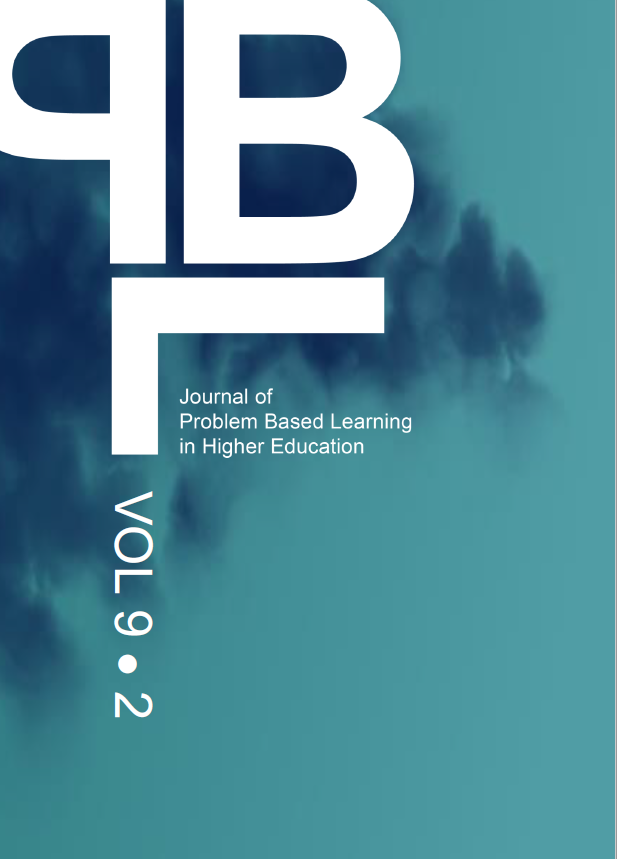Abstract
This article examines why students experience Problem-Based Learning (PBL) environments differently and discusses considerations for improving PBL environments to support a more diverse student population. Based on theoretical perspectives regarding motivation, identification, and learning, we present a new typology consisting of four types of students with distinctly different ways of creating motivation and identity in a PBL environment. While some principles in the examined PBL model motivate and validate certain types of students, the same principles can also challenge identification or result in demotivation among other types of students. Both results are important to consider when developing an inclusive PBL environment. The typology can serve as a theoretical framework for understanding, analysing, and discussing how and why students experience contemporary or new learning environments differently. Additionally, the typology provides a tool for organizations and teachers to motivate and validate students with different type characteristics and improve PBL practices accordingly.
Articles published in Journal of Problem Based Learning in Higher Education are following the license Creative Commons Attribution 4.0 (CC-BY)
Authors retain copyright and grant the journal right of first publication with the work simultaneously licensed under a Creative Commons Attribution 4.0 International License (CC-BY). Further information about Creative Commons
